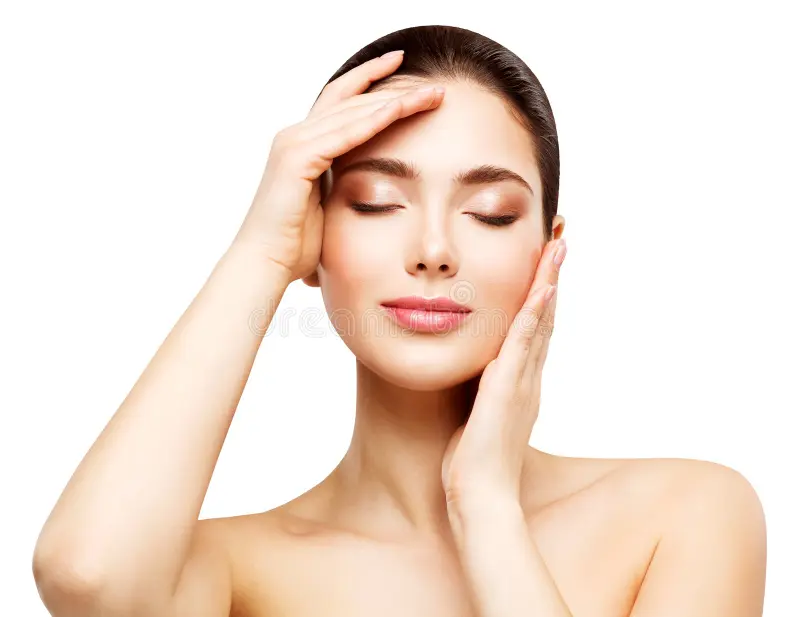Skincare refers to the practices and routines we undertake to care for and maintain the health and appearance of our skin. It involves using various products, adopting healthy habits, and following a consistent skincare regimen to promote skin health, prevent common skin problems, and achieve desired outcomes such as hydration, acne control, or anti-aging effects.
Skincare can include a wide range of products and treatments, depending on individual needs and preferences. Some common skincare products and practices include:
- 1. Cleansers: Used to remove dirt, oil, and impurities from the skin. Cleansers come in different forms, such as foaming cleansers, gel cleansers, or cream cleansers.
- 2. Moisturizers: Help hydrate and nourish the skin, maintaining its moisture balance. They can be in the form of creams, lotions, or oils.
- 3. Sunscreen: Protects the skin from harmful UV radiation, which can lead to sunburn, premature aging, and increased risk of skin cancer.
- 4. Serums: Concentrated formulations that target specific skincare concerns, such as brightening, anti-aging, or acne control. They often contain active ingredients like antioxidants, vitamins, or hyaluronic acid.
- 5. Exfoliants: Help remove dead skin cells and promote cell turnover, revealing smoother and brighter skin. Exfoliants can be physical (scrubs) or chemical (such as alpha-hydroxy acids or beta-hydroxy acids).
- 6. Face masks: Used to deliver targeted ingredients and address specific concerns, such as hydrating masks, clay masks for deep cleansing, or sheet masks for nourishment.
- 7. Eye creams: Designed specifically for the delicate skin around the eyes, they help reduce puffiness, dark circles, and fine lines.
- 8. Toners: Applied after cleansing to balance the skin's pH level and prepare it for the absorption of other products. Toners can also help tighten pores and remove any remaining impurities.
Apart from using skincare products, maintaining a healthy skincare routine involves other practices such as:
- 1. Cleansing: Washing your face twice a day, morning and night, to remove dirt, makeup, and pollutants that can clog pores.
- 2. Hydration: Drinking an adequate amount of water daily to keep your skin hydrated from within.
- 3. Diet: Consuming a balanced diet rich in fruits, vegetables, lean proteins, and healthy fats to provide essential nutrients for skin health.
- 4. Protecting from the sun: Applying sunscreen with a high SPF before going out and wearing protective clothing and accessories like hats and sunglasses.
- 5. Avoiding smoking and excessive alcohol consumption: These habits can contribute to premature aging and skin damage.
- 6. Getting enough sleep: Aim for 7-9 hours of quality sleep each night to allow your skin to repair and regenerate.
Remember, everyone's skin is unique, so it's important to understand your skin type and specific concerns before choosing skincare products. Consulting with a dermatologist or skincare professional can help you determine the best routine and products for your skin.

